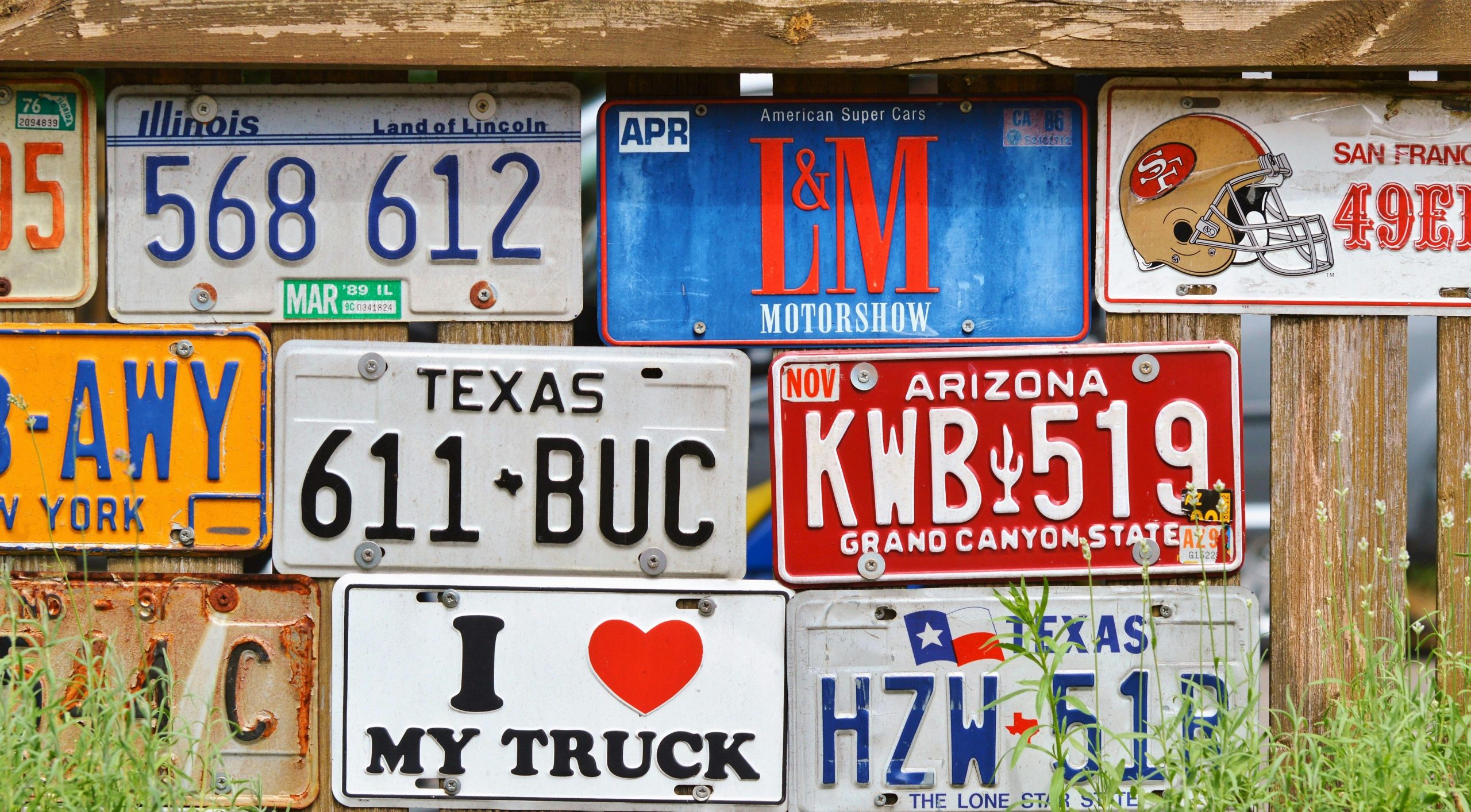Title: Navigating Minor Vehicle Incidents: Essential Steps and Best Practices
Experiencing a minor car collision can be confusing, especially when minimal damage is involved. Recently, a situation arose at a local gas station where a small fender bender took place, leaving some questions about the appropriate course of action. Here’s a breakdown of the scenario and expert advice on how to handle similar incidents responsibly and effectively.
Understanding the Incident
In this case, a vehicle was reversing at a gas station when another driver arrived and, perhaps unaware of the reversing car, collided with it. Fortunately, both vehicles sustained only minor cosmetic damage—two small dents near the wheel—while the car owner’s vehicle remained unharmed. Both drivers involved have valid insurance and proper licensing.
Initial Response and Insurance Communication
Immediately following the incident, the involved parties contacted their respective insurance providers. However, the insurer declined to offer specific guidance on whether to file a claim, emphasizing that their role does not include legal or procedural advice. This can leave owners uncertain about how to proceed.
Key Considerations Moving Forward
-
Assess the Damage Carefully: Even minor dents can sometimes be indicative of hidden issues. It’s advisable to have a trusted mechanic inspect both vehicles to confirm there’s no underlying damage that might cause complications later.
-
Documentation Is Crucial: Take clear photos of the damage, the surrounding scene, and any relevant details. Gather information such as the other driver’s name, contact details, insurance information, and license plate number. This documentation supports transparency should a claim become necessary.
-
Deciding on Filing an Insurance Claim: If the damage is negligible and both parties agree, some opt to settle privately, especially if they trust each other and wish to avoid increased insurance premiums. However, if the other driver intends to claim damages or if uncertainties exist, filing a formal report with your insurer is often the safest path.
-
Consider the Other Party’s Perspective: It’s likely that the other driver will utilize insurance to repair their vehicle, especially if they perceive the contact as warranting a claim. Open communication can sometimes resolve minor issues without formal claims, but everything should be documented.
-
Legal and Insurance Best Practices: Even in minor collisions, informing your insurer is generally recommended. Failing to report an incident can sometimes lead to complications later, particularly if damages or disputes arise.
Final Thoughts
While it can be tempting to overlook small incidents, taking the correct procedural steps ensures you’re protected



